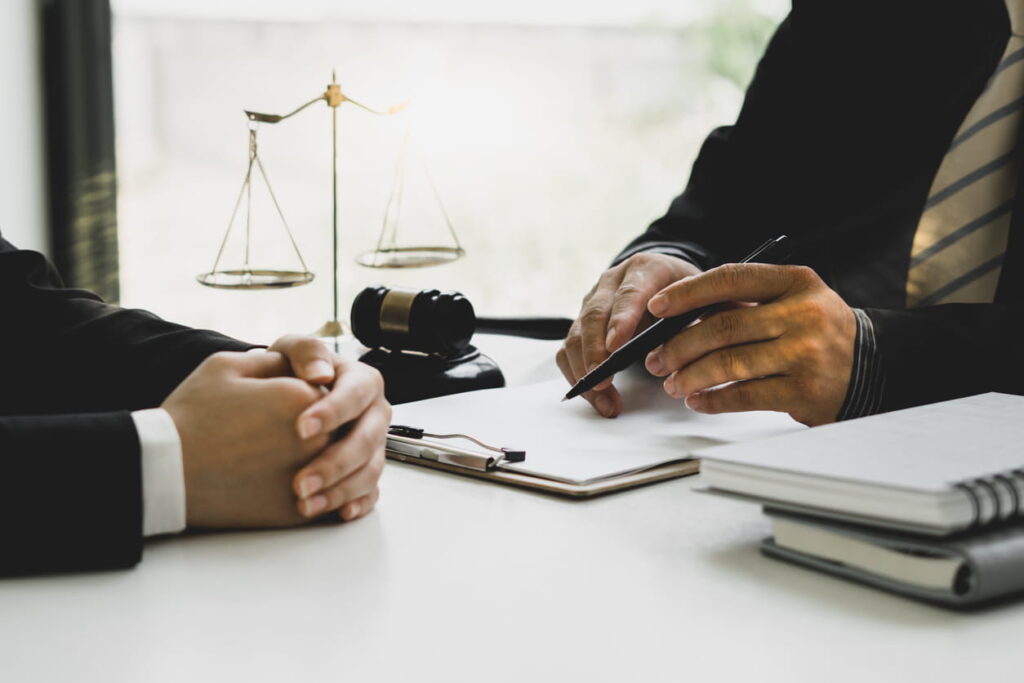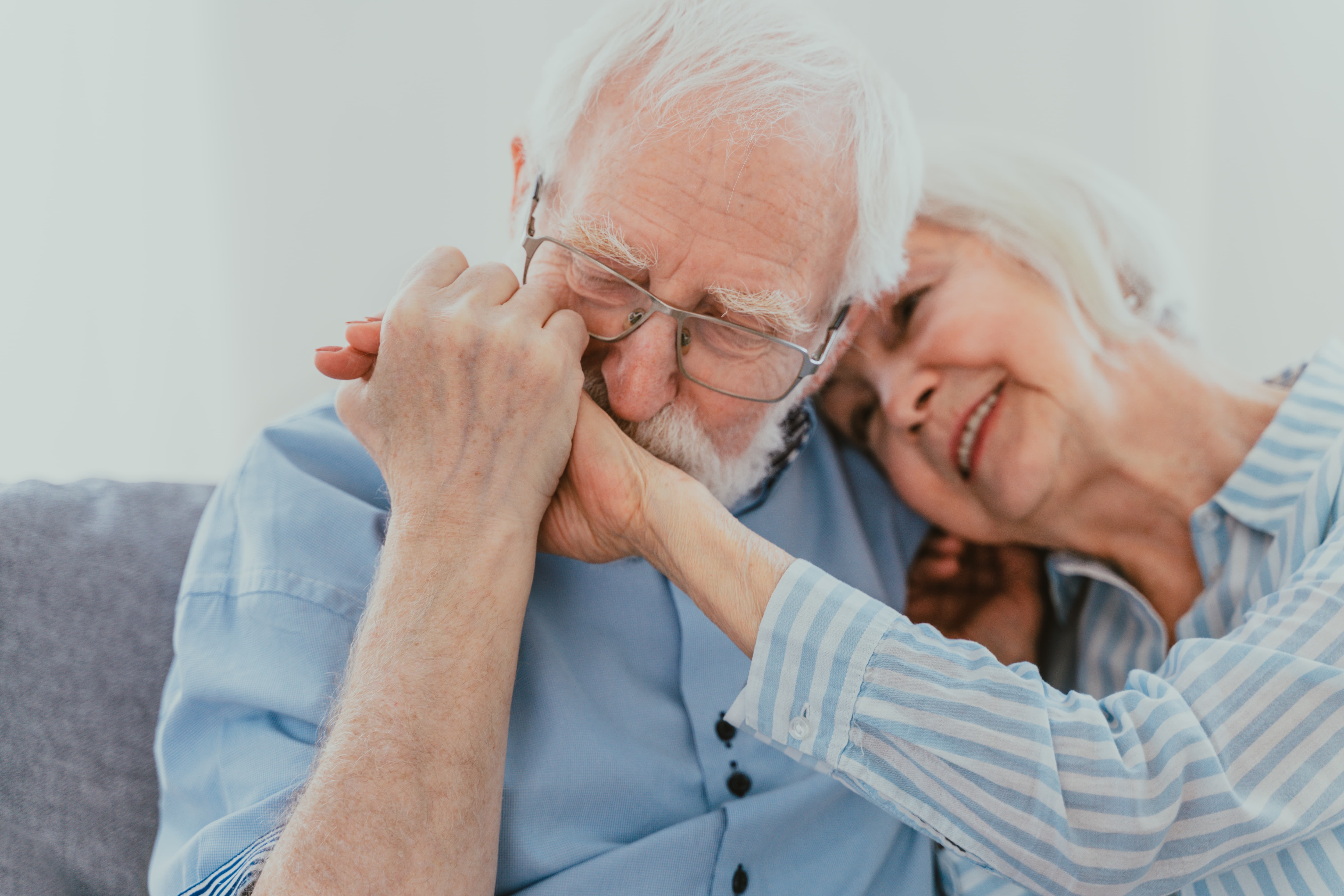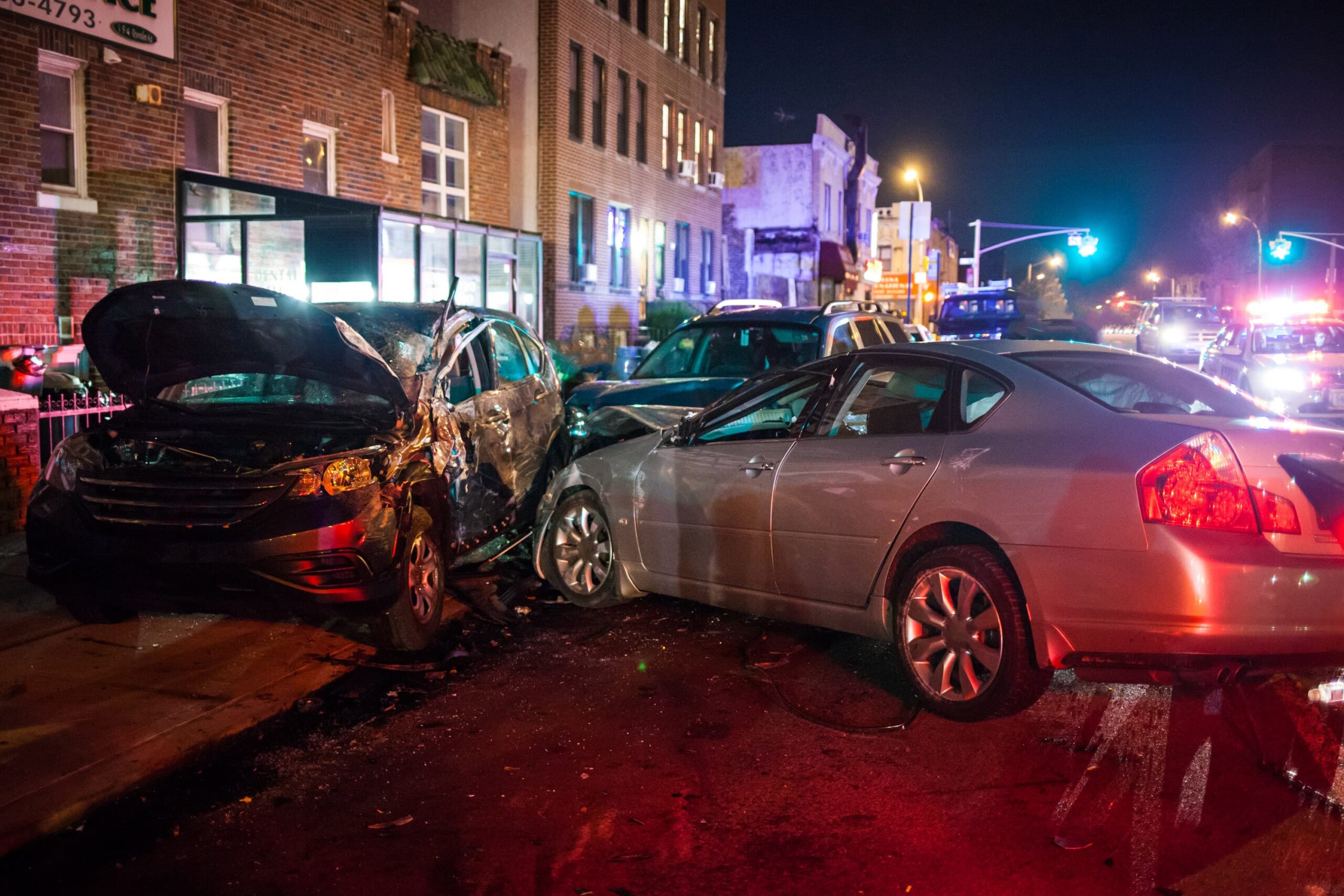Everything You Need to Know About Financial Loss Due to a Personal Injury

Physical injuries and suffering are only one part of a personal injury accident — the financial losses can also be devastating. When you’re injured in a personal injury accident, you need to know what economic challenges lie ahead and how to address them.
Our Colorado personal injury lawyers explain everything you need to know about financial loss following an accident and the resources that could help on your road to recovery.
What are economic damages?
Economic damages often consist of damages that can be specifically calculated by assessing the plaintiff’s various economic expenses stemming from the lawsuit. Economic damages typically include medical bills, lost income, property damage, funeral costs, rehabilitation services, and out-of-pocket expenses.
Medical bills
Medical bills add up quickly in a personal injury lawsuit. Medical bills often consist of hospital expenses, nursing and long-term care, physical therapy, mental health treatment costs, and future medical care. Receiving compensation for medical bills is beneficial for a plaintiff in a personal injury case, so it’s important to provide your personal injury attorney with copies of all available medical bills you may have.
Some of the most common medical bills include:
- Treatment costs
- Medication expenses
- Long term care
- Specialty equipment and mobility aids
Home alterations to accommodate injury
It’s not uncommon for personal injury victims to require home alterations to accommodate their lives after the injury. This may include a ramp to the porch, a step-in shower or tub with a door, railings, widening doorways, changing door handles, and more. These home modifications can be costly, however, these expenses can be allocated for in your claim.
Lost wages
For many people, a personal injury means they are unable to work and may suffer from lost wages and a lack of income. Lost wages are commonly allocated when calculating damages for personal injury claims and allow the victims to be compensated for their unanticipated time out of work.
Lost earning capacity
For personal injury victims who suffer from severe and catastrophic injuries, it may mean that they are incapable of returning to work and their previous earnings. An experienced personal injury attorney will assess your employment history and medical records to allocate your lost earning capacity in your settlement package.
Property damage
Depending on the type of incident you have been involved in, it’s common for property damage to be considered in personal injury settlements. Situations such as car accidents require damages to be awarded for repairs to the vehicle or its contents. Speak with your personal injury lawyer regarding property damage to determine whether this may be relevant to your personal injury lawsuit.
What are non-economic damages?
Unlike economic damages, non-economic damages compensate the plaintiffs for intangible losses that cannot be held to a specific value. Non-economic damages compensate the plaintiff in ways that economic damages are unable to. Some of the most common categories of non-economic damages include:
- Pain and suffering
- Emotional distress/trauma
- Punitive
How damages are calculated
Experienced personal injury attorneys can help walk you through the confusion of calculating your damages. An attorney will consider all of the aforementioned damages, both economic and non-economic, as well as other factors, to work toward determining what you should be compensated for.
Are there limits to economic damages you can receive?
There are no limitations to the economic damages you can receive in your personal injury lawsuit. This does not mean that you will automatically receive an excessive amount of money for your economic damages. It’s important to discuss your particular case with your attorney to understand what you may be compensated for regarding your economic damages because every case is different and there are many factors to consider.
What if I need money after a personal injury?
If you need money after a personal injury accident, here are some things you can do:
1. Start your personal injury claim right away
A personal injury claim takes time. However, the sooner you get started, the sooner you have a check in your hands.
2. Pursue a lien for medical treatment
A medical lien can help you get treatment now as you wait for your personal injury settlement. As of September 2021, Colorado has a new law to protect accident victims who take advantage of medical liens. You’re not liable for any additional amounts if your settlement is less than the amount of outstanding medical debt. If you do not receive a settlement, you are not obligated to pay. A lien cannot be assigned to a collection agency. See Colorado House Bill 21-1300 – Healthcare Provider Liens.
3. Determine if you qualify for disability
You may be eligible for benefits from Social Security Disability Insurance. It is a program that you pay into while you work, in case you find yourself injured later. You must apply and provide information about your disability to receive benefits.
4. Workers’ compensation
If you are injured on the job, medical care and replacement income may be available through a workers’ compensation claim.
5. Health insurance and other insurance coverage
Even if another party is ultimately liable to pay damages, your own health insurance may be applicable in the interim. Plus, look carefully at other kinds of insurance coverage that may be provided by your employer. You may not realize that you are covered by a short-term or long-term disability insurance policy.
6. Pre-settlement loans
A pre-settlement loan is what it sounds like — a company agrees to forward you some cash while you wait for your case to resolve. However, this should be the last option to consider. The lending fees and interest rates can be very high, and if your settlement is less than you expect, you’re on the hook to repay the money. If you opt to use a pre-settlement loan, be sure to go in with your eyes open and take the time to understand all the details. You don’t want to be in for a surprise when you finally receive your settlement.
7. Government assistance
You may qualify for one or more government programs to assist with housing and cash benefits.
8. Charitable organizations
A charity or religious organization may provide financial assistance if you are struggling after a personal injury accident.
9. 401k loans
While it should be seen as a last resort, you may be able to borrow from 401k funds to meet basic expenses after a personal injury accident.
10. Contingency fee legal representation
Many attorneys represent victims of personal injury accidents on a contingency fee basis. That means there’s no money due upfront and no cost unless you win your case. Although your attorney cannot lend you living expenses while you wait, they can work on the case with no money upfront and no fees unless you win.
Does a personal injury cause financial loss?
There are several ways that a personal injury accident may cause a financial loss. First, you may have unexpected medical bills, and these bills are often catastrophic. There is also the cost of traveling to appointments, buying prescriptions, and getting the over-the-counter things you need for your health and treatment after a personal injury.
Direct out-of-pocket, unexpected bills are just the beginning. A personal injury may interfere with your ability to work. You may need help doing things around the house that you used to do for yourself. Childcare may also become a necessity. Some financial losses are obvious, but others may be more subtle. Suffering injuries in an accident puts a financial strain on your life and causes worry at the same time.
How can I cope with significant financial loss after an accident?
To cope with significant financial loss after an accident, explore both short-term and long-term solutions. Some questions to ask yourself as you plan include:
- What are my legal options? What financial recovery can I claim by pursuing my legal rights? During the process, what do I need to do to make sure that my legal claim is as successful as possible?
- What insurance may be available to help me? Can my own health insurance and car insurance apply? What about the other driver’s insurance? Are there commercial policies, a rideshare accident guarantee, or a taxi company policy, too?
- Do I qualify for workers’ compensation or long-term disability? Are there government programs that can help me?
- How can I have legal representation with no cost upfront and no risk to me? Does this personal injury attorney handle cases on a contingency fee basis?
- With the different ways to get cash now, what is the best way for my personal situation? What are the pros and cons of the different loan and cash forwarding options? Do I understand all the fine print about how these programs work? Are there any other options?
- Is bankruptcy right for me? What is the total picture of my assets and debts?
- How do I expect my situation to change in the long term? If I am going to be unable to work, are there ways that I can adjust my spending and expenses?
Lawyers for financial losses after a personal injury accident

If you have suffered financial losses after a personal injury accident, the entire circumstance can seem overwhelming. But you don’t have to fight alone. Let our lawyers for financial losses after a personal injury accident help you understand your situation and explore options that may be available to you. We’ve helped many people in your situation, and you’re not alone. Contact us today for your free consultation.
Sources:
Barrett, S. (2023). Types of Personal Injury Damages and Compensation.
Boeschen, C. (2023). Damage Caps and Other Limits on Personal Injury Awards.






